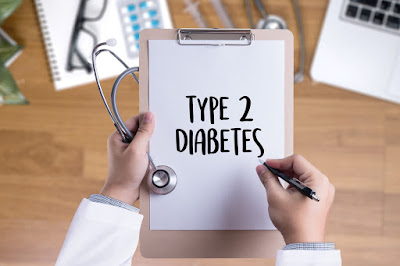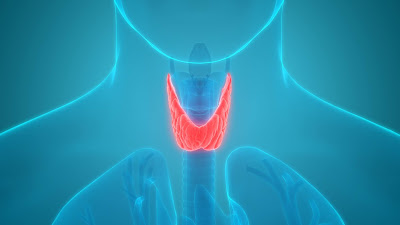Things you need to know about digestive system

Inside the body, the digestive system functions as a kind of processing plant. It takes in food and transports it to organs and structures where it is digested. The essential energy and nutrients are extracted. The rest is discarded by the digestive system. The digestive system has 2 primary functions: converting food into nutrients and removing waste from the body. The system relies on the cooperation of several organs throughout the body to function properly. It includes the mouth, stomach, intestines, liver, and gallbladder. Here are some things you need to know about the digestive system:- Food doesn't need gravity to get to your stomach: Food does not just pass down your esophagus and into your stomach when you eat it. Peristalsis is a wavelike contraction and relaxation of the muscles in your esophagus that pushes food down through the tiny canal and into the stomach. Even if you eat while hanging upside down, the food would be able to reach your stomach because of peristals...





